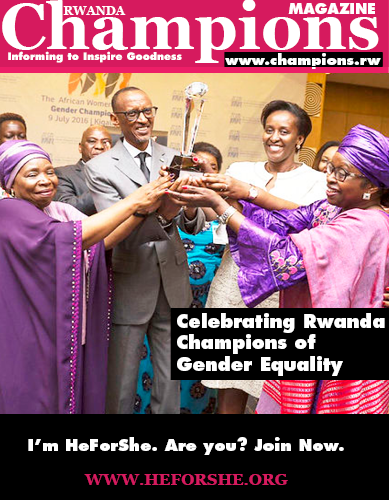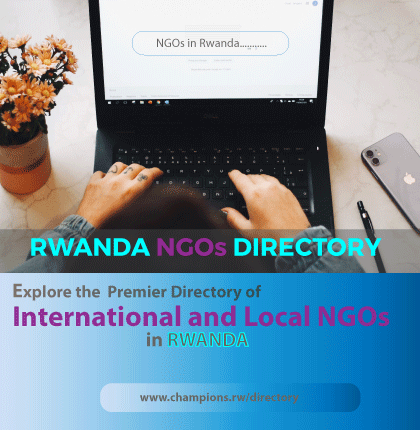Rwanda, GiveDirectly Sign $150M Pact to Fight Poverty
The Rwandan government and international NGO GiveDirectly signed a five-year agreement Thursday to accelerate (…)

Rwanda is working to close a critical skills gap in monitoring and evaluation (M&E), a field seen as vital to strengthening governance, boosting accountability, and improving the effectiveness of both government and private-sector projects.
Experts say demand for trained professionals continues to rise as projects expand across sectors, but supply remains low.
“Monitoring and evaluation are useful in all sectors,” said Dr. Eric Sibomana, a lecturer at INES-Ruhengeri Polytechnic. “They help government institutions, businesses, and projects assess whether initial goals have been met. If not, they show what is missing.”
Sibomana said poor results should not be seen as failure, but as lessons that can guide improvement. He noted that while the number of M&E specialists in Rwanda is still small, there is hope as universities begin introducing related courses.
“Postgraduate programs are coming, and as more students graduate from all levels, they will spread into different sectors, helping people understand the importance and benefits of M&E for development,” he said.
Recent graduates say the training offers solutions not just for individuals but also for the country.
“This helps the government to work transparently and be held accountable,” said Isac Rwigema, who completed his studies at East African Christian College this year and received M&E training.
Ikirezi Divine, a graduate of INES Ruhengeri, added that M&E is key to measuring outcomes and tracking whether projects are on course. “When more people receive this training, institutions will be better able to demand accountability and ensure unfinished work gets implemented,” she said.
The Rwanda Monitoring and Evaluation Organization (RMEO) has also stepped in to fill the gap, focusing its programs on youth under 35.
Niyonsenga Jean Baptiste, RMEO’s coordinator, said the organization works with the MasterCard Foundation to train young people who can bring change to project management and performance tracking.
“Our goal is to check whether the funds provided were used effectively and whether objectives were met,” Niyonsenga said. “At that point, we reflect on the changes we expected from the project, especially where large amounts of money were invested. That is monitoring and evaluation.”
So far, RMEO has trained 193 young people, 111 of them women.
The Rwandan government and international NGO GiveDirectly signed a five-year agreement Thursday to accelerate (…)
Government has revised contributions for its community-based health insurance program, Mutuelle, increasing payments (…)
Rwanda Revenue Authority (RRA) has awarded 1.33 billion Rwandan francs ($1.27 million) in Value Added Tax (VAT) (…)
Ministry of Environment says it plans to recruit 3,000 additional employees to address mounting delays in land (…)

